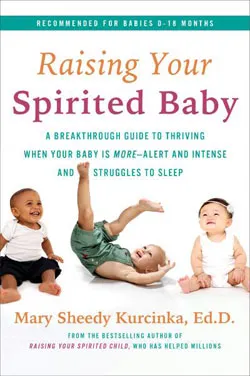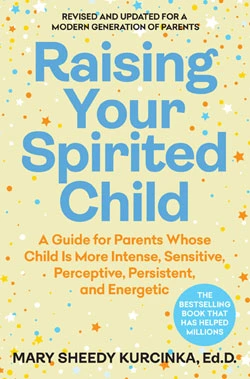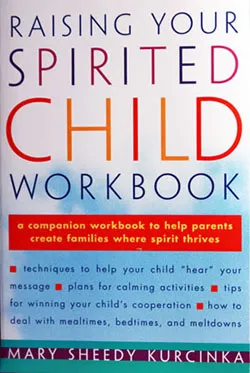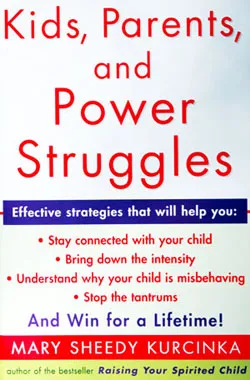In the video that arrived on my Facebook page the other day Big Foot sways to the music, leaps in the air and chuckles in delight. The headline reads, “How parents feel when their kids go back to school.” But sometimes along with the relief of returning to a routine comes the angst of whether or not your child is in a good classroom.
The answer to this question is available to you through your senses.
During group time the children draw close to the teacher, except for two. One is on the outskirts of the group lying on the floor not disrupting in any way.
You’ll see her need for space is recognized and allowed.
Another is playing with a gadget looking up every few seconds as the teacher turns the pages of her book. It’s apparent he’s listening, and since he is in no way disturbing the group, there is no reprimand.
But then he crosses the line. He adds a “motor” to the gadget, his voice rising to a roar. All heads turn toward him. The teacher motions him to join her. Wraps an arm around him, draws him to her, and whispers in his ear offering him a choice to join the group, or take a break. He chooses to set down his gadget and sit next to her chair. She goes on. No shouts, threats, shaming or berating occurred. The lines were clear; respectfully and confidently enforced.
If we turned this vision into a check list here are 8 elements you will want to see, hear, and feel in a GREAT classroom.
Joy: Teachers, children, staff members, and parents visiting the school are happy. Giggles season the conversations.
Calm: Your “gut” relaxes the minute you step in the door. No sudden clinches or flips of your stomach, tightening of the neck muscles, shoulders suddenly shooting up to hang from your earlobes, or eyes widening. Instead you find yourself relaxing, and drawn to enter. You WANT to be part of this. There is no inner warning system shouting, “Flee, while you can!”
Cherished: Images of the children’s home lives, cultures and interests splash across the walls adding color and a clear message; all are welcome here. Children are called by name. Questions about the new puppy, baby, or grandma’s illness quickly clue you in; the adults know these children.
Understood: Warm hugs, gentle touch, and listening ears are the “band aides” for tears, and even angry shouts. No shaming, or demands to “STOP IT!”
Respected: Real conversations occur. Children’s opinions and ideas are valued. When a child answers a teacher’s question with a “left field” response, it’s not met with a scornful declaration, “We are not talking about that right now!” Instead there is recognition and respectful re-direction. “Oh, you had a different idea, and I want to talk with you about that later.”
Knowledgeable: Children are excited to tell you what they are learning, know why they are learning it, and in what ways it is important to them.
Safe: Expectations are clear, simple, consistent, and visible. An approaching adult is viewed as someone coming to help, not as a threat. Children know what is appropriate behavior, and have been intentionally taught effective strategies to resolve conflicts. You are not surprised when you hear one child demand to another, “You have to share!” But rather than war breaking out the other child responds. “Well that’s one idea, why don’t we trade instead?”
Excited: Materials are stimulating, activities diverse, and instruction is presented visually, verbally, and physically. Models and demonstrations are abundant. No matter what a child’s learning style is there is something for him.
When you find a classroom that looks, feels and sounds like this there is no doubt you have found a GREAT one!
Of course not every classroom is a “ten.” Some are mediocre not wonderful, but not too bad. And then of course there are a few that are downright awful. Next time we’ll address the important life lessons your child can learn when he lands in a mediocre classroom. We will follow up that with how to know when it’s time to step-in, and make a change.







